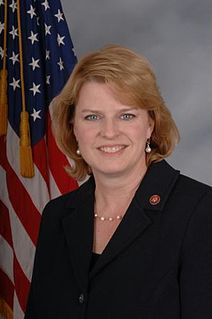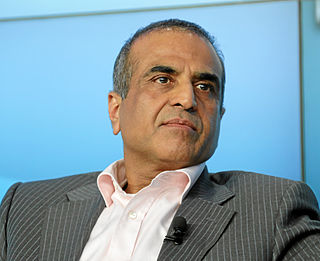A Quote by Melissa Bean
By overhauling current rules and speeding the entry of competitors in the market, we encourage competition and provide our constituents with new choices and cheaper bills.
Quote Topics
Related Quotes
What corporations fear is the phenomenon now known, rather inelegantly, as 'commoditization.' What the term means is simply the conversion of the market for a given product into a commodity market, which is characterized by declining prices and profit margins, increasing competition, and lowered barriers to entry.
Shifting Philip Morris to the new a non-risk products doesn't mean that I will give market share to my competitors free of charge. In the markets where we are not present with IQOS yet or the other reduced-risk products, you still need to defend your share of the market. They still represent the bulk of our income, and so far they have financed the billions of dollars we have put behind these new products. But once we go national in a market, and absent capacity constraints, then you shift your resources and your focus to these new products.
Americans have always pursued our dreams within a free market that has been the engine of our progress. It's a market that has created a prosperity that is the envy of the world, and rewarded the innovators and risk-takers who have made America a beacon of science, and technology, and discovery. But the American economy has worked in large part because we have guided the market's invisible hand with a higher principle - that America prospers when all Americans can prosper. That is why we have put in place rules of the road to make competition fair, and open, and honest.
If a company is not a monopoly, then the law assumes market competition can restrain the company's actions. No problem. If a monopoly exists, but the monopoly does not engage in acts designed to destroy competition, then we can assume that it earned and is keeping its monopoly the pro-consumer way: by out-innovating its competitors.
A tobacco industry has been a fairly linear and predictable industry. You know what's going to happen every year. You know from time to time you are going to have a tax increase, you are going to have regulatory restriction, but, as it applies to everybody, I think we are doing very well. But now it's much more technology-driven. Competitors other than our traditional competitors can come in, whether legitimate or fly-by-night ones, and you have to anticipate all those things. The whole organization has to gear up to this new reality and these new competitive rules around it.
































